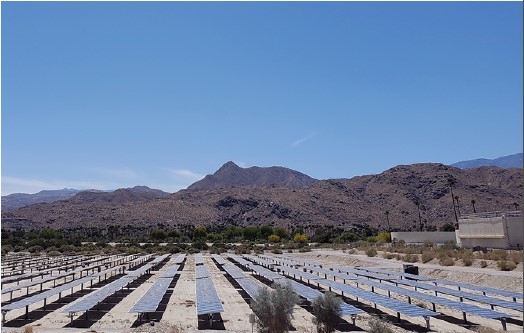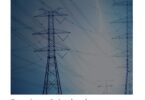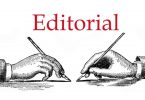by Alex Apostolov, Editor-in-Chief

We have been developing for many decades models of generators, transformers, transmission lines and distribution feeders and using them in short circuit studies, transient simulations and dynamic stability studies.
However, as a result of global warming and the push to switch from fossil fuel-based energy production to the use of renewable energy resources we are getting to a point when it is very difficult to know what exactly the behavior of the electric power system will be during a system event. This is because of two main reasons, the first being the dependence of the electric power output on the varying weather conditions. But even more challenging is the unknown behavior of the inverter-based resources which depends on the specifics of its design and the algorithms implemented in its controller.
The details of the algorithms implemented by the developers are not available to the public and in many cases are considered a trade secret. The inverter controller still needs to be compliant for example with the ride through characteristic defined in a standard such as IEEE 1547, as well as to respond to requests from the market or commands from the system operator to support the system in maintaining voltage and frequency as required by some industry standards. But what the transient inverter output will be during the duration of the fault or after the fault is cleared is not known.
It is also not known what the behavior of the inverter controller will be during a wide area disturbance. That is why it is becoming clear to our industry that we need to make some efforts to define and standardize the dynamic and transient behavior of inverter controllers so we can have accurate models that can be used in short circuit studies, transient simulations and dynamic stability studies








